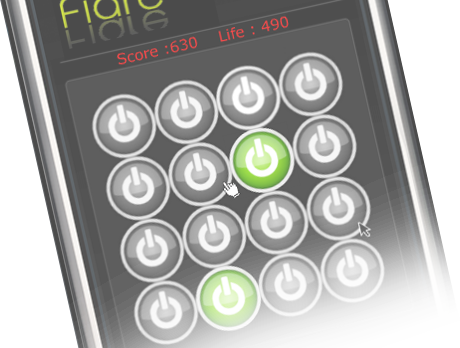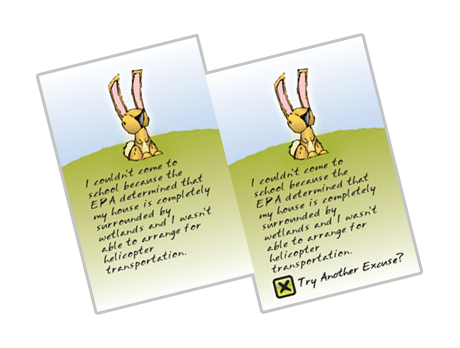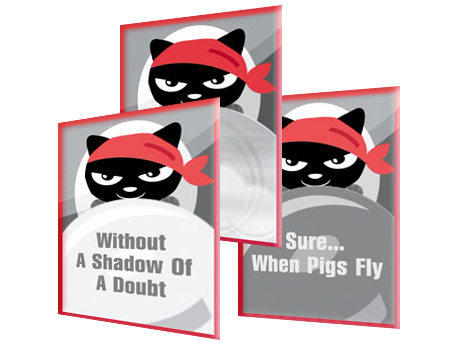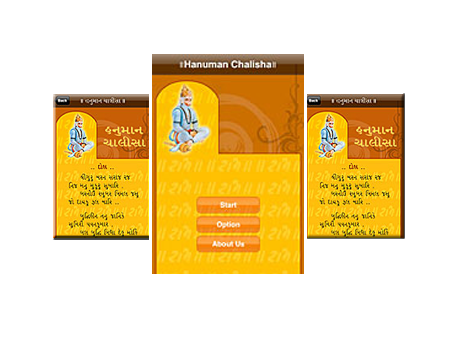
-


Our expert iPhone apps developers have developed an iPhone game named Blinking Bulb. Blinking Bulb is a simple game for checking quickness of the user and how sharp his/her reflexes are... More...
-


iMala is iPhone based MALA application. People who wants to do "MALA _JAP" (a type of meditation with threaded bead) can use this application for keeping track of the MALA count and bead count as well...More...
-


JoesOffers - Special Offers on your Mobile is an iPhone application to distribute discount voucher.More...
-


Need a great excuse to skip a day of school and hit the skate park? Or did you do that yesterday and now you are in a pinch trying to figure out what to say? Now the Languid Bunny is here to help and you... More...
-


Do you have a question that you have been waiting to ask? Gypsy Kittie is here to answer. Lose your doubts, see through the haze of an unclear future and find the advice you have been waiting for as Gypsy... More...
-


Hanuman Chalisa is the written hymns of Goswami Tulsidas which praises Lord Hanuman who is known as a symbol of auspiciousness. It is recited as a prayer everyday or every week by many followers and has gained enormous popularity among the many Hindus across the world...More...





